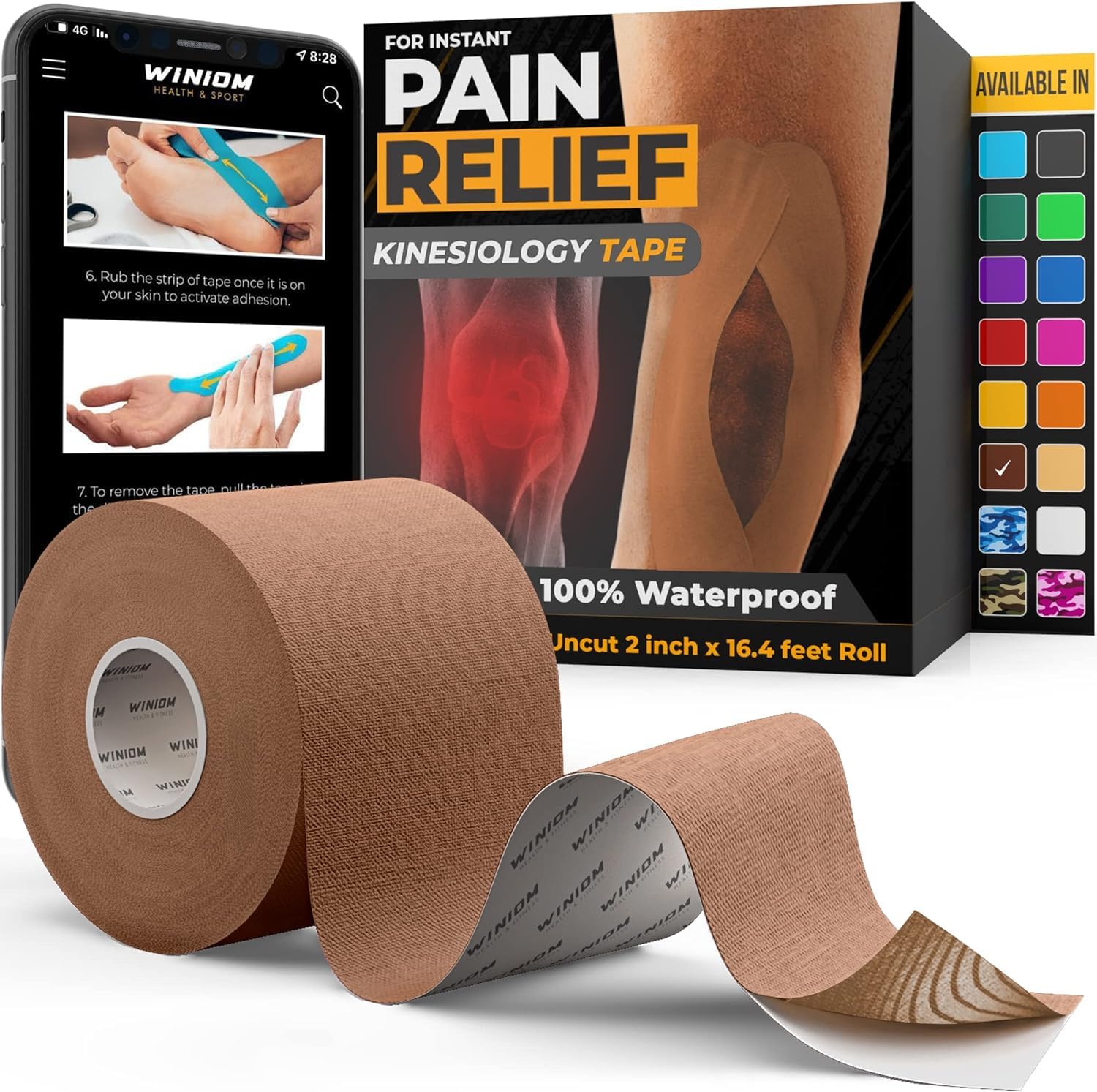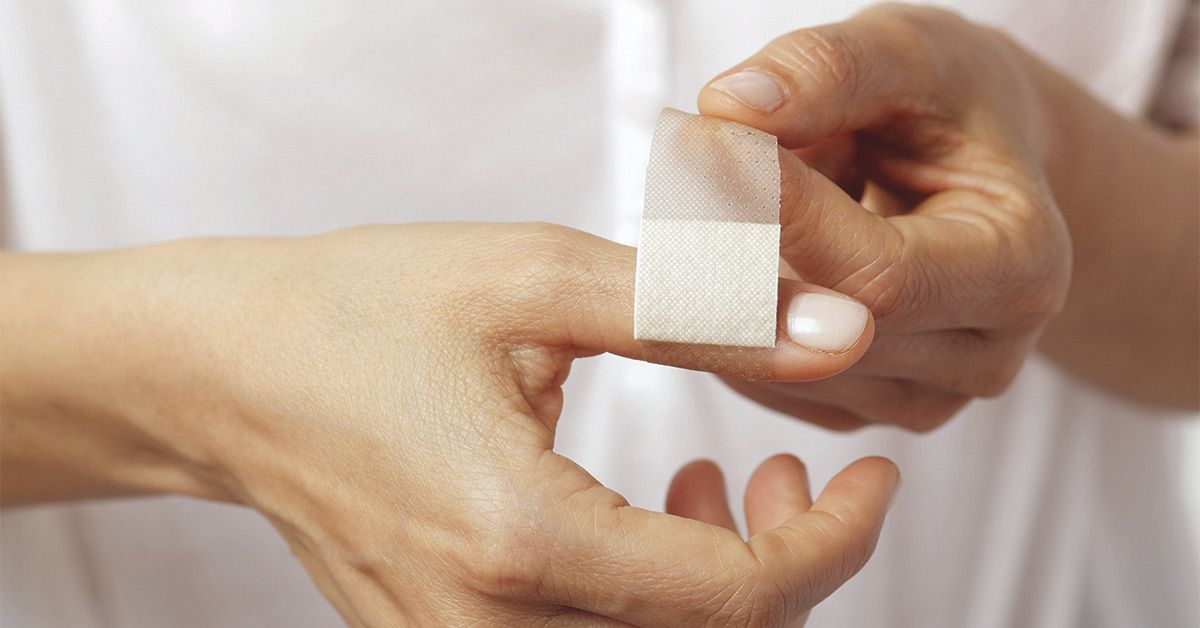How Often Should You Change a Bandage: Expert Tips for Quick Healing

Change the bandage daily—or sooner if it becomes dirty or wet—to keep it clean and dry. It’s important to change bandages regularly to promote healing and prevent infection.
Importance Of Regularly Changing Bandages
| How Often Should You Change a Bandage |
| Importance of Regularly Changing Bandages |
It is crucial to change the bandage each day—or sooner, if it becomes dirty or wet—to keep the bandage clean and dry. For wounds that cover a large area, it is recommended to keep the bandage moist to help reduce scarring. Sealed bandages are ideal for this purpose. Leaving dirty or wet bandages for too long can slow down the healing process and increase the risk of infection. If the bandage gets soaked, it should be changed immediately. If it remains dry, changing it once a day should be sufficient. When cleaning the wound, it is important not to remove the scab excessively. Remember to wash your hands thoroughly before changing the bandage to maintain cleanliness.

Credit: www.healthline.com
The Frequency Of Changing Bandages
| Recommended frequency: | Change bandages daily |
| Exceptions: | Sealed bandages for keeping wounds moist |
When it comes to changing bandages, it is generally recommended to change them daily to keep the bandage clean and dry. However, there are exceptions for certain types of wounds. If the bandage becomes dirty or wet, it should be changed immediately to prevent infection. For wounds that require moisture to reduce scarring, sealed bandages work best. Promptly replace dirty dressings to maintain proper wound care. Changing bandages too frequently can slow down the healing process, so it is important to follow the recommended guidelines. By regularly changing the bandage and keeping the wound clean, you can support the healing process and prevent complications.
Proper Care For Healing Wounds
When it comes to proper care for healing wounds, it is important to change the dressing in the early stages of healing. General guidelines from your doctor may vary, but unless instructed otherwise, it is recommended to change the dressing twice a day. This allows for more frequent inspection of the wound and helps to keep it clean and protected from infection. However, if the bandage becomes dirty or wet, it should be changed immediately to maintain cleanliness and promote faster healing. It is also important to avoid excessive wound cleaning, as this can disrupt the formation of scabs, which play a crucial role in the healing process. Keeping the bandage clean and dry is essential for optimal wound healing.
Frequently Asked Questions For How Often Should You Change A Bandage
How Long Should You Keep A Bandaid On?
You should keep a bandaid on for about five days to keep the wound moist and covered. Change the bandage daily, or more if the cut reopens or bleeds again. Remember to apply petroleum jelly with each bandage change. A wound should always be covered for proper healing and to prevent drying out.
Is It Bad To Leave A Bandage On For 2 Days?
It is recommended to change a bandage every day or sooner if it becomes dirty or wet. Leaving a bandage on for too long can slow down the healing process and increase the risk of infection.
Do Wounds Heal Faster Covered Or Uncovered?
Wounds heal faster when covered with a clean bandage. Leaving a wound uncovered can dry out new surface cells and slow down healing. Change the bandage daily or sooner if it gets dirty or wet to keep the wound clean and dry.
Do I Need To Change Bandaid Daily?
Change your bandaid daily or sooner if it gets dirty, wet, or compromised. This helps keep the wound clean and promotes healing. Make sure to wash your hands before changing the bandage.
Conclusion
In order to keep your wound clean and promote faster healing, it is recommended to change your bandage daily or sooner if it becomes dirty or wet. This will prevent infections and assist in reducing scarring, especially for larger scrapes that should be kept moist.
It is important not to leave bandages on for too long, as this can slow down the healing process. Always remember to clean the wound gently and avoid removing any scabs. By following these guidelines, you can ensure proper wound care and optimize the healing process.










